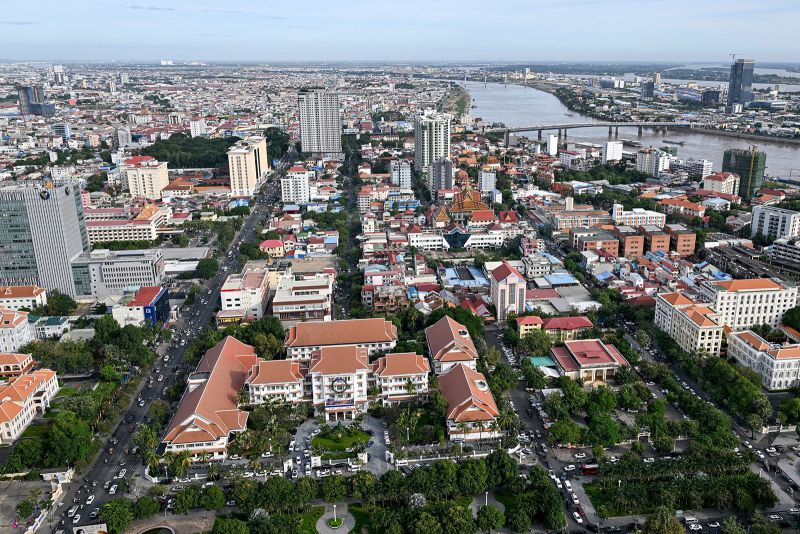
13 Filipina Surrogate Mothers Caught in Cambodia’s Crosshairs – The Foreign Baby Boom Scandal Unveiled!
The Philippines, known for its vibrant culture and community-oriented values, recently found itself in an international controversy as 13 Filipino women were convicted by a Cambodian court for acting as pregnancy surrogates for foreigners. This sparked debates on the ethical and legal implications of commercial surrogacy, a topic that stirs a lot of controversies globally.
In Cambodia, engaging in surrogacy commerce is strictly illegal following a sudden ban in 2016. The Cambodian Ministry of Health clarified their stance by citing the exploitation and potential harm the business bestows upon women who opt to be surrogates, mostly due to financial constraints. Similarly, in the Philippines, surrogacy arrangements are neither legally recognized nor regulated, and this contributes to the vulnerability of the women embroiled in the controversy.
The case unfolded in 2019 when Cambodian authorities arrested these 13 Filipino women, along with four Cambodian and Chinese nationals who were believed to be assisting in orchestrating the operations. The disclosure led to a heightened awareness of the surrogacy industry in Cambodia, which, according to reports, had been booming since neighboring Thailand imposed a crackdown on the system in 2015.
The women, who were between 22 to 32 years of age, were lured into the murky realm of surrogacy with the promise of hefty financial gain of up to $10,000 per pregnancy. A figure that far exceeds what majority of the Filipino population earns annually. This financial lure often overshadows the considerable potential physical and emotional toll that surrogacy can have on the women involved.
After a lengthy trial, the Cambodian court sentenced the 13 Philippines women to one and a half years imprisonment, with eight months already served. They were released early in 2021 with the remaining sentence to be suspended. The Cambodian and Chinese nationals who were arrested alongside them were also given similar sentences, providing a strong message regarding Cambodia’s stance on the illegal act of surrogacy.
The case has raised critical questions pertaining to the rights and protection of the women embroiled in similar circumstances. It underscores the urgent need for strengthened policies and mechanisms that safeguard the welfare of women, particularly those from poor and developing countries often exploited in the international surrogacy market.
The issue of surrogacy is filled with ethical complexities. This case indicates the need for international cooperation and understanding to regulate commercial surrogacy, reduce cases of exploitation, and ensure the rights and welfare of women are always taken into consideration. It also emphasizes the importance of providing better economic opportunities for women in developing nations so that they are not drawn into industries fraught with exploitation.
In conclusion, this case involving 13 Filipino women in Cambodia brings the issue of commercial surrogacy into the spotlight. It gives a stark reminder of the potential risks associated with the surrogacy business and necessitates a call to action for better regulation and protection of those involved. A comprehensive global approach is required to ensure each stakeholder, especially the surrogate mother and the unborn child, is protected and their rights respected.
